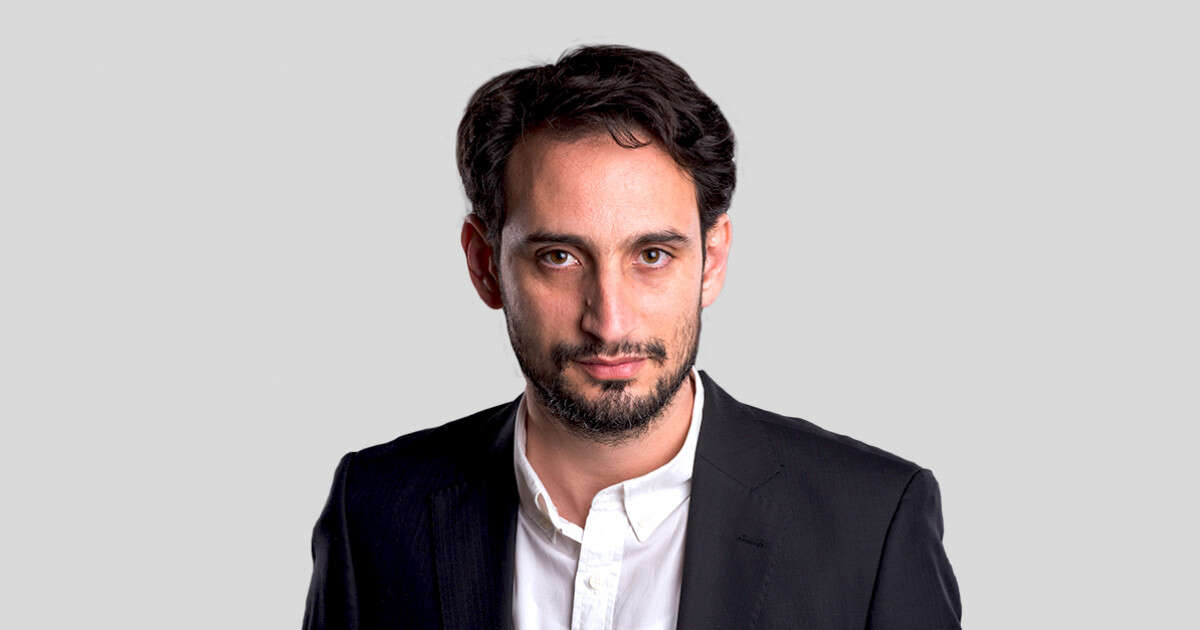Following a recent column on "Israel Today" (January 13, 19) dealing with Moshe Kahlon's retirement, I was invited to Shimon Ricklin's program on Channel 20. My main claim in the column, that Kahlon represented the traditional "Israel 1.5" public of the new neighborhoods in Ashdod and Netanya, caused a stir Small in the studio: "I love you, the traditional ones, but the problem is that you can't say one thing clearly," the interviewer told me.
Ricklin expressed popular opinion among the ideological elites over the traditional, 40 percent of Israeli society. They are cunning at best and painted at worst, not self-imposed whether religious or secular, and the fact that most of them come from Eastern testimony, those with refugees and spouses, adds to their general shallowness. As an alumnus of Zionist education, I have internalized this notion too: My family is nothing more than a shadow of the value-driven religious society.
Only as I grew older, and exposed to the depth of the worldview of scholars and leaders of Eastern Jewry, did I realize the size of the passphrase. I learned, for example, that secularism and religious (and certainly ultra-Orthodox) are new patents in Jewish history borrowed from Christianity, and that tradition - the Jewish devoid of the extra definitions - has always been the Jewish standard that could harmoniously integrate material life and livelihood with Torah and faith. I realized that while in Europe, Judaism was torn to the brink of the question of modernity, science and civil rights - in the Eastern countries, the community continued to remain one and hold the values of brotherhood and unity together with a positive attitude towards progress.
An example of this is that we learned from one of the great scholars of North Africa, who will mark the day of his death next week. Rabbi Yosef Mashash (1934) was a major rabbi in Morocco and Algeria, and later the chief of Haifa. He was a dean and ruler, a community rabbi, a poet and even a painter and calligrapher. His most famous ruling touched on the issue of butchers from the Sabbath space in Algeria.
When he came to serve as a community rabbi in a central city in the country, which was under French rule, he met a reality where Jews were forced to open their stores on Saturday. And, for the first time in history, a situation has arisen where Jewish butchers desecrate Shabbat but claim that their meat is kosher. The rabbi is required to determine what the law of the flesh is.
Elsewhere, similar cases have often ended in the split of the Sabbath-keeping community in front of its victims. But Rabbi Mashash relied on his three teaching principles: "Law, Reason and Time." He knew that the central Jewish value was the unity of the community. He knew that the new state of affairs created a Jew who, although working on Shabbat, his loyalty is not in doubt. Rabbi Mashash found the halakhic king's way of legalizing the flesh and preventing the split of the community.
Rabbi Mashash was neither a "commentator" nor a "hobbyist." He also did not establish a new Jewish stream. He simply looked at reality with sober eyes, and put the unity of the community and mutual guarantee as a supreme value. How different is Rabbi Mashash's approach from what made Judaism the glue that connects us, to the biggest focus of controversy in Israel today too.
Israeli society is thirsty for pragmatic and unifying leadership, which takes our glorious heritage and uses it to connect us. Instead of hearing more and more about religion and religion, religious coercion or secular coercion - we need to appreciate this tradition of 40 percent of the people.
Ophir Tubol is a lawyer, founder of the Golden Age movement
For more opinions by Ophir Tobol
